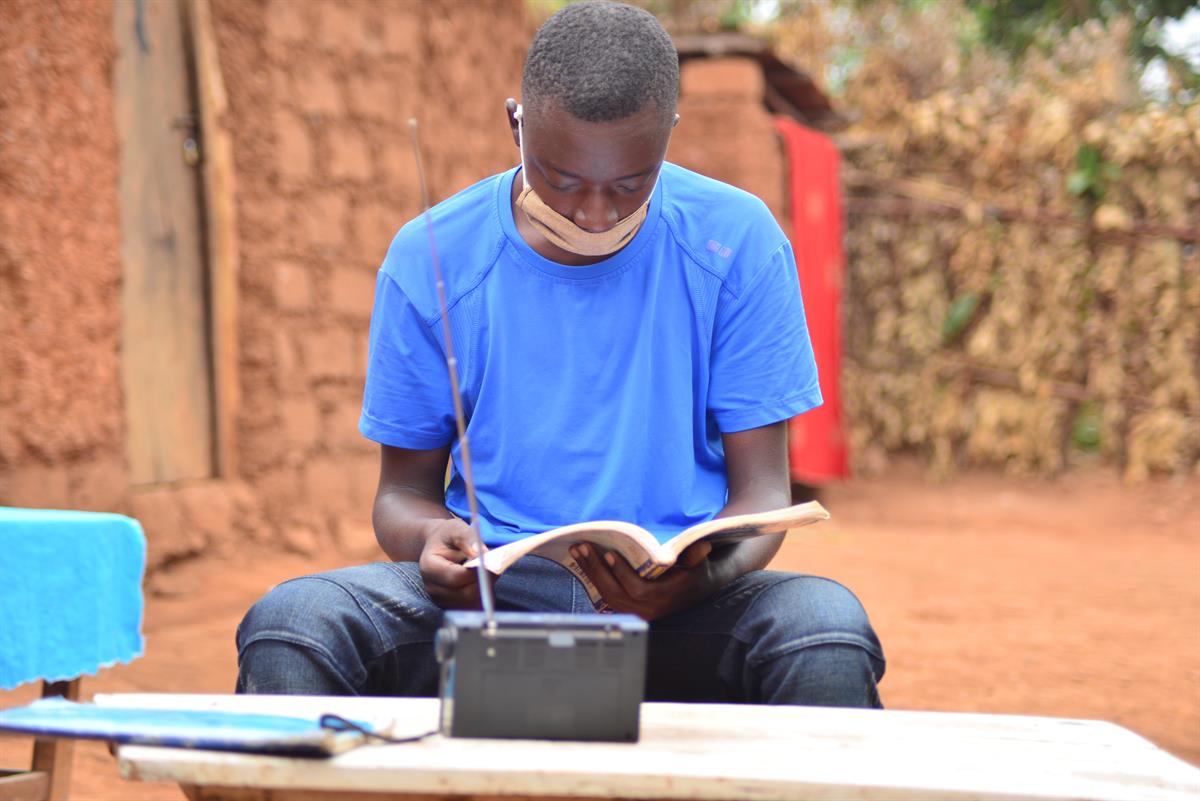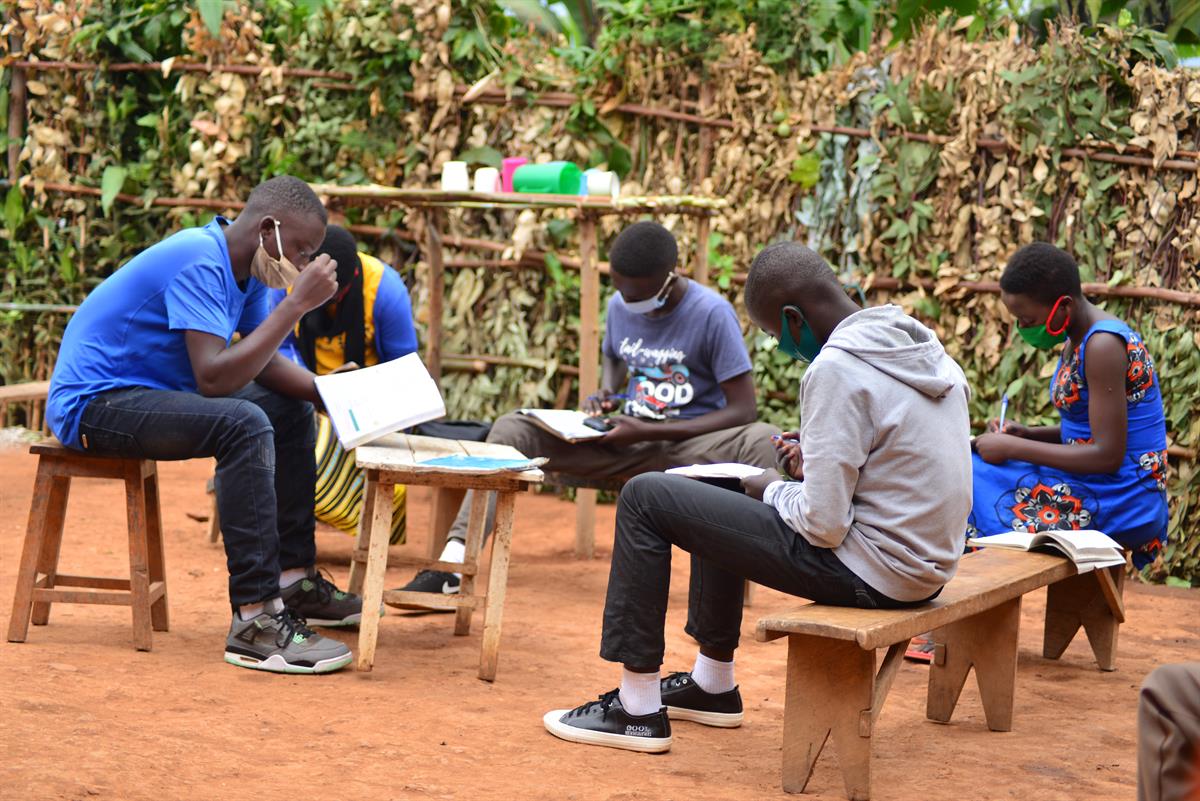While in many countries of the world, social networks and online channels are becoming the main means of communication and information, in Africa, the most used information tool remains radio.
In Rwanda, the difference between urban centers and rural areas is made above all by internet connection.
In fact, if in the capital, Kigali, it is easy to find a wi-fi network in bars, offices and meeting places, the same is not true for the more remote areas of the country that live primarily from agriculture. Not everyone has a smartphone or tablet and the connection, running mainly in 2G, is not apt to the use of social media.
For this reason, radio in Africa is the medium that continues to unite all generations of the family around the table. There are those who listen to the news, to the mass or perhaps to the commentary of a soccer match.
Rwandan radio
Rwanda's national radio is managed by the government agency "Rwanda Broadcasting Agency", which provides an information and entertainment service and also includes TV channels.
There are eight radio channels and the main one is the national channel.
There is also a channel that broadcasts exclusively with news from the government, a channel dedicated to sports and finally the community radio channels that report local news.
Every day, at 19:00, all frequencies converge on the national channel, where the main daily news are reported. National news are broadcasted in Kinyarwanda - the local language - while international news in English and French.
The role of radio in Rwanda during the lockdown
In 2020 and 2021, radio played a very important role within the education system.
During period of lockdown, when Covid-19 led to the closure of schools, the Rwandan government organized lessons via radio, allowing students to continue their studies.
The lessons lasted about 30 minutes, were held by teachers and were addressed to all students in the country.
AVSI Rwanda, through the funds allocated by the European Union for the project "Support to vulnerable families in five districts of Rwanda to mitigate the impact of COVID-19" has delivered in nine months 730 radios to Rwandan families.


This has brought a great benefit to the direct beneficiaries but also to the indirect ones, since each radio donated to a family has been a useful resource for neighbors and friends as well.
Esther and Emmanuel, 13 and 16 years old, at the end of the year should have taken the exams to enter the next year. But because they couldn't go to school for months and didn't have a radio at home, they had almost given up hope of making it through the school year.
During the first part of the project, both their families were given a radio and the kids were able to continue studying and pass their exams.